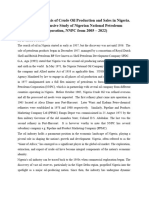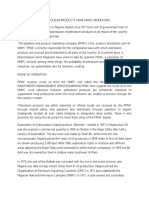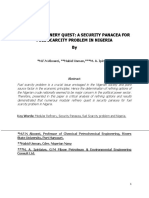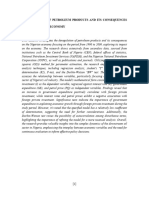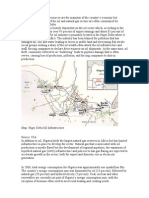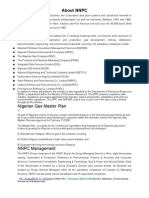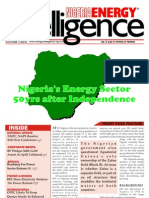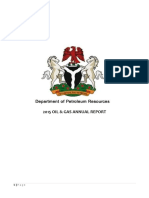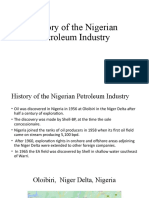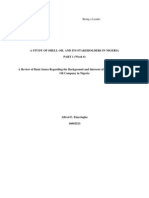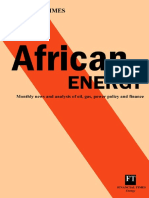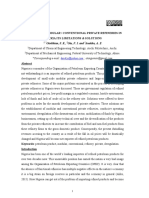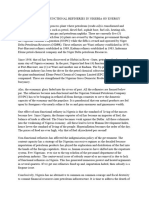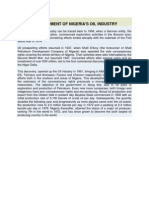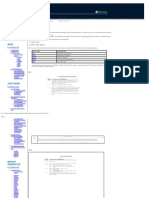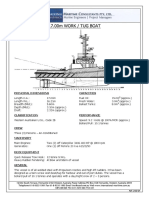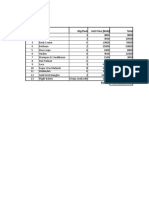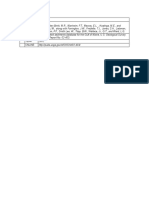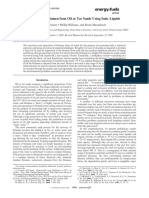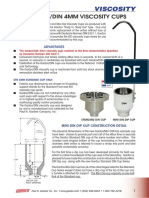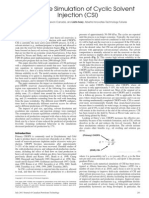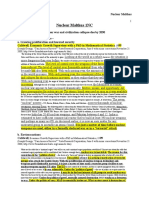0% found this document useful (0 votes)
161 views20 pagesChapter Two Review of Related Literature: Production
Nigeria is overwhelmingly dependent on oil, which accounts for 90% of exports, 25% of GDP, and 75% of government revenue. Nigeria has over 100 million people and is the 10th largest oil producer globally. However, the country faces issues from volatility in the oil market. In the past, Nigeria nationalized its oil industry and established the Nigerian National Petroleum Corporation (NNPC) to control production and distribution. However, NNPC has underperformed and the country still faces issues like fuel shortages. Deregulating prices could address issues by increasing investment, competition, and supply while reducing subsidies and giving debt relief.
Uploaded by
Umar KidaCopyright
© © All Rights Reserved
We take content rights seriously. If you suspect this is your content, claim it here.
Available Formats
Download as DOCX, PDF, TXT or read online on Scribd
0% found this document useful (0 votes)
161 views20 pagesChapter Two Review of Related Literature: Production
Nigeria is overwhelmingly dependent on oil, which accounts for 90% of exports, 25% of GDP, and 75% of government revenue. Nigeria has over 100 million people and is the 10th largest oil producer globally. However, the country faces issues from volatility in the oil market. In the past, Nigeria nationalized its oil industry and established the Nigerian National Petroleum Corporation (NNPC) to control production and distribution. However, NNPC has underperformed and the country still faces issues like fuel shortages. Deregulating prices could address issues by increasing investment, competition, and supply while reducing subsidies and giving debt relief.
Uploaded by
Umar KidaCopyright
© © All Rights Reserved
We take content rights seriously. If you suspect this is your content, claim it here.
Available Formats
Download as DOCX, PDF, TXT or read online on Scribd
/ 20

